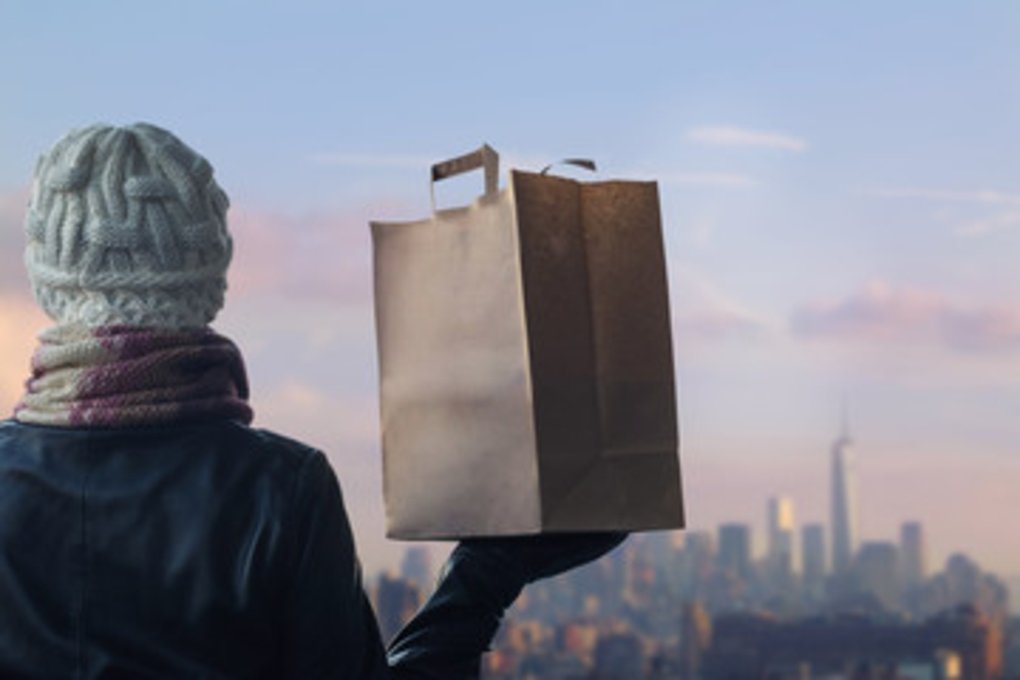
In September 2021, the majority of New York City's 51-member Council voted in favor of the food delivery laws. These measures provide many challenges for food delivery employers, but New York City Council might soon focus on other gig economy workers.
The six new bills will impact an estimated 65.000 app-based food couriers.
- Bill Int 2294-2021: it assigns the New York City Department of Consumer and Worker Protection (DCWP) to determine suitable minimum payments for trips made by food delivery workers. This will give the agency the power to send subpoenas in order to gather information to make such determinations. This information will be used to decide on minimum payments by 1 January 2023.
- Bill Int. No. 2296-2021: it requires that food delivery workers be paid weekly and forbids services from charging a fee to use any form of payment that the service has selected.
- Bill Int. No. 2298-2021: it will require food delivery services to include access to bathrooms for delivery workers making a pick-up.
- Bill Int. No 1846-2020: food delivery services will be forbidden from soliciting gratuities from customers unless they disclose the amount or proportion that will be given to the deliverer and by what means. This bill will also require the service to inform the employee of the amount of any gratuities and how much they were paid in the day in both compensation and gratuities.
- Bill Int. No. 2288-2021: will require food delivery services employing bicycle couriers to cover the expense of either providing or making available insulated food delivery bags to an employee that has completed a minimum of six deliveries.
- Bill No. 2289-2021: will require food delivery services to give workers the ability to specify the maximum distance they will travel for a trip and the ability to decline travel on or through tunnels or bridges. In order to make this possible, services will need to provide the delivery address and an estimate of the distance and time of a given trip to employees before they accept a trip.
Those measures seem to have considered the findings of a recent study that examined the working and living conditions of delivery workers engaged by digital platforms to deliver restaurant food orders in New York City.
The final report, “Essential but Unprotected: App-based Food Couriers in New York City”, is aimed to raise awareness among stakeholders about the challenges that the tens of thousands of app-based delivery workers confront in NYC, and to inform policy and advocacy efforts that would improve labour standards and workplace safety in this industry.
New York City is not the only one taking measures to face challenges within the food-delivery services.
It is worth mentioning that in November 2020 California approved Proposition 22, a measure that exempted gig workers from state labour law, proposing that workers for app-based food delivery and ride-sharing companies should remain contractors, even if entitled to certain benefits and protections, like minimum earnings. However, on August 2021 a California Court ruled that California’s Proposition 22 - was unconstitutional.